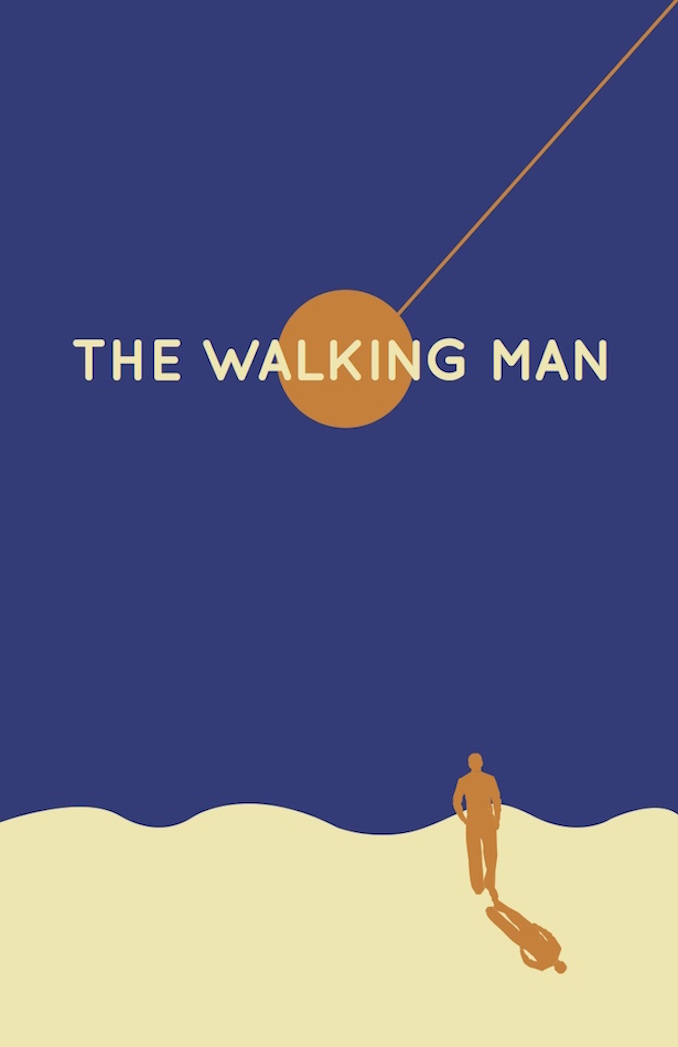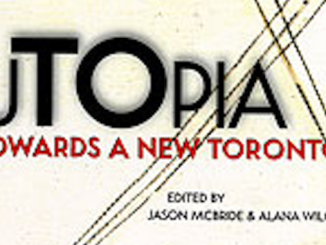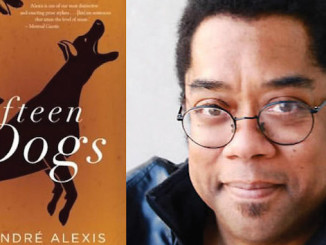
“It’s How I figure my Shit out.”
I recently got to read the debut novel from Toronto based author Paul Dore entitled The Walking Man.
The novel read to me like an autobiography at first. The honest story of an author whose adventures walking allow him time to delve inside his own mind and think through some of his insightful observations and barriers of his thoughts and the world around him.
There are some very interesting ideas that are brought up by the main character. I got to ask author Paul Dore about these points, the adventures that take place in the novel as well as his influences in the novel’s creating. Here are those points with notes from the author.
A few interesting ideas from the novel explained by Paul Dore.
–Intermediary dating–
Paul: I never understood the phrase, “The more personal you can make it, the more universal it becomes.” Never, that is, until I turned the lens on my own life and found that it resonates with readers when I write openly about a relationship or fear or depression. The idea of ‘intermediary’ dating came from hitting my 30s and seeing many people around me getting married, moving out to the suburbs and having kids. I never really had the inclination to pursue that kind of lifestyle and felt perhaps there was something wrong with me. I felt I was a kind of transitional guy, someone to be with until it was time to settle down.
–biggest fear: not being aware of abnormal thoughts:–
Paul: I have often been quite scared about losing myself to mental illness. This is a very real fear because I have fought with my own bouts of depression. According to the numbers, pretty much everyone is affected by mental illness either directly or indirectly. Mental illness is a very important topic to me and one that should be brought into mainstream conversations. There is still a shame associated with mental illness and it was difficult to write about at first, but it’s been a part of my life for as long as I can remember. I had no choice but to explore these uncomfortable feelings and hopefully encourage others to express themselves in a similar way.
–Separation between perception of actions and actions themselves-
Paul: The Walking Man was split into two parts: the perceptive or internal part (examining the state of mind of the main character) and the action part (the long walk from Toronto to Niagara Falls). Everyone processes information and experiences differently. Through doing lots of work in my personal life involving being present and self-awareness, I wanted to understand how I processed what was happening around me. Sometimes there can be too much analysis, creating the danger of getting stuck in a stagnant place. Sometimes emotions such as anger and frustration can result in actions, because sometimes you just have to walk out the door and start somewhere.
–Different people helping make revelations about self:-
Paul: I’ve always learned by doing. School didn’t really work for me and I couldn’t wait to graduate. I’ve also sought out mentors and professional people who were interested in sharing their experiences. I’ve found that if you show your willingness to learn from someone, they are happy to pass on their knowledge. This translated into The Walking Man through the various people the main character encounters. Also, I’m just curious how other people live, their thoughts and opinions. It’s why I enjoy traveling – I’m not a tourist per se, I like just being in other places and walking around cities and meeting people.
The novel is also a bit of an adventure. While walking and trying to figure out his life, the main character visits many places and experiences some once in a lifetime opportunities and misfortunes.
I was curious if Paul had experienced any of these life changing moments. I myself was here in Toronto for the Blackout in August of 2003 that cut power to most of the North-Eastern United States and parts of Canada.
Which events from the novel have you personally experienced? (Plane Crash, Amman, Toronto Blackout, Cuba, Walking to Niagara Falls, etc)
Paul: A couple of years ago, I started writing from a more personal perspective. This included writing about my life and the people whom I encountered. I started writing about my relationships – obviously changing names and so on – but some people took exception with this. One night after an ex-girlfriend expressed her anger about something I had written, I needed to make a decision. Either accept that some would not like what I was writing or just don’t do it. I had already started down this road, so I really had no choice. I wanted to write truthfully, but understood that I didn’t have the right to tell the stories of others. I turned the lens on myself and explored the different decisions I had made in my life, incorporating fiction and non-fiction elements.
I adopted a stance to not reveal what actually happened and what didn’t happen. In some way, all of these events happened, or at least, started from a real experience. I’ve found that I am actually more interested in using real experiences as a starting point to uncover a deeper truth. If I do my job as a writer, what really happened doesn’t matter and a new reality, and truth, can be experienced by the reader.
The short answer: every one of these events – Amman, the blackout, Cuba, Niagara Falls – actually happened. I did not set out to write a memoir, I wanted to create a world within the book that created its own reality.
How has Wayson Choy guided your writing?
Paul: A few years ago, I participated in the summer workshop at the Humber School for Writers and Wayson was my teacher. We wrote each other letters (actual letters – through the post) and started meeting up. Our conversations ranged from writing to relationships to life to death. Wayson trusted me as I was more interested in what he had to teach rather then his connections to the publishing world. Wayson is retired from teaching at Humber but still works with a few people informally. He gave me writing exercises to do and I would send them along with a personal letter. Wayson finally got frustrated at one point because I wasn’t understanding what he was trying to teach me. I’ll never forget him flipping back and forth from my personal letter to the writing exercise. He said that my voice was so clear in the letters, but disappeared in the exercises. He suggested that if I could write my fiction as though I was writing a letter, I might have something. So, I started writing as though I was composing letters and it instantly felt right. I ended up re-writing The Walking Man, changing it from third person to first person and it started clicking into place.
Who is The Walking Man? (what type of person is he, how can others relate to him? Character traits, why he walks, etc.)
Paul: In a way, I tried to go with this idea about making things so personal that they become universal. Ideally, I hope the reader sees something of themselves in the main character or at least relates to some of his thoughts. He’s more of a guide for the reader and one that leads them through the story.
What is the best part about doing business in Toronto?
Paul: I’ve grown to love the city of Toronto. I’ve often thought about moving somewhere else – New York, Los Angeles, London – but everything I want in a city can be found here. The nature of the kind of work I do, whether it’s writing or film work, can more and more be done anywhere through mobile means. I can pretty much choose to work anywhere – Toronto is my home. Even though I’ve done a fair amount of traveling to different places in the world, I’m always glad to return to Toronto.
Do you have any favourite authors from Toronto or Ontario?
Paul: One of the biggest influences on me has not been a literary writer, but the puppeteer Ronnie Burkett. His productions are full of provocative ideas and he writes, builds the puppets and stages his shows. I had the honour of interviewing him for my podcast and his stance on taking risks was inspiring. Bruce Powe was a creative writing professor of mine in my first year of university. His books and his classes were one of the first places that I started exploring writing in a more serious way.
What is next? Any events coming up?
Paul: I’m working hard on the next book. Meanwhile, I’m focusing on getting more experience in live storytelling. Last fall, I helped establish a monthly storytelling event called The Stories We Don’t Tell. Every month, 60 or 70 people congregate in an apartment or house in Toronto and six people share fully workshopped personal stories. We are a part of the Toronto Storytelling Festival on Friday, March 20th at the Centre for Social Innovation (215 Spadina Avenue). To learn more about our events, join our Facebook group.
For more info on The Walking Man, visit Paul Dore’s Website.




